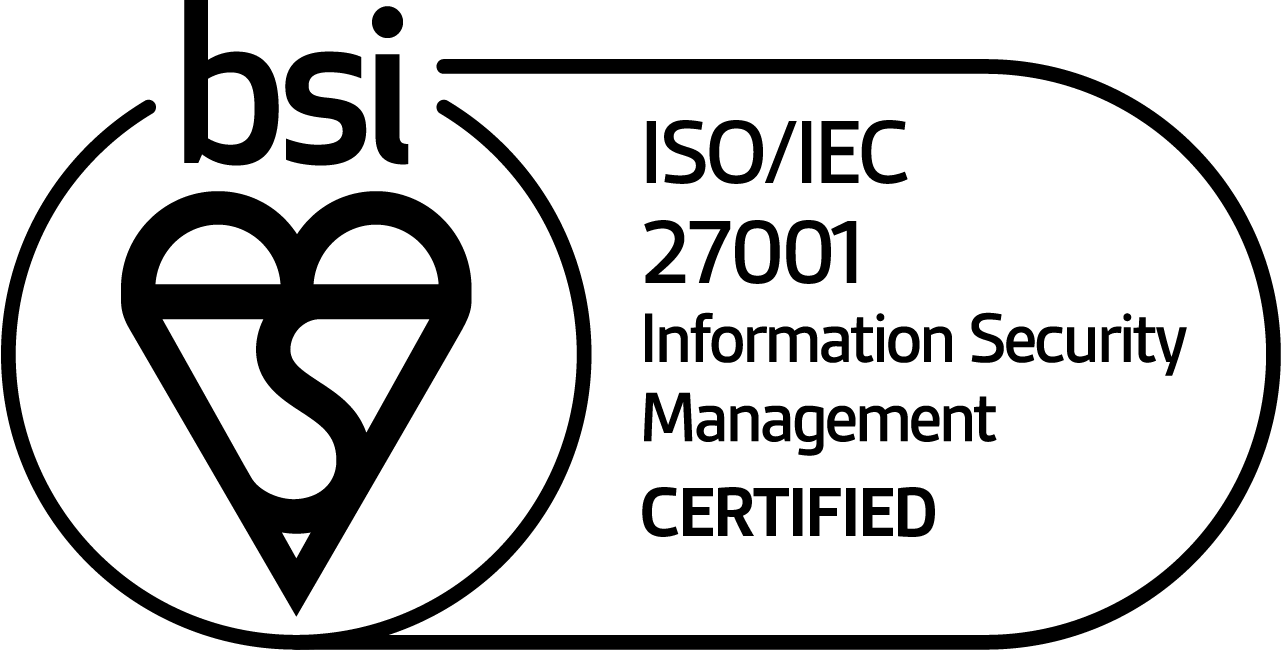Debtor management is an important part of a company’s financial administration. It involves making sure that your customers pay your invoices on time and in full. This is essential for your company’s liquidity and profitability. Yet debtor management is often treated as an afterthought. It is seen as a time-consuming and tedious chore that brings little appreciation. But is that really justified? In this blog, we explain why debtor management should actually be a priority for every entrepreneur.
Research by Flanderijn, an organization for debt collection and bailiffs, shows that debtor management does not get the attention it deserves in 24 percent of organizations. This is striking, because at the same time the number of customers with payment problems is increasing. Forty percent of finance professionals say their company/agency has had more customers with payment delays in the past year.
Consequences for the finance professional
More than a third (36%) say they have been spending more time handling late payments from consumers or businesses for six months. For 31 percent, debtor management is now the most important task within their finance department.
To better organize debtor management, more knowledge is needed. Thirty-eight percent of finance professionals would like to learn more about how best to organize debtor management.
The risks of poor debtor management
If you don’t have your debtor management in order, you run the risk of your customers paying late or not at all. This can have several negative consequences for your business, including:
- A lower cash flow: if you have less money coming in, you have less money available to pay your own bills, make investments or grow.
- A higher cost: if your customers don’t pay, you have to spend more time and money sending reminders, dunning letters and collections. Moreover, you run the risk of having to pay interest or penalties to your own suppliers or the tax authorities.
- A worse reputation: if your customers don’t pay, it could be a sign that they are dissatisfied with your product or service. This can lead to lower customer satisfaction, fewer repeat purchases and less word of mouth.
- A higher chance of bankruptcy: If you have too many unpaid invoices, you could be in financial trouble. According to the Chamber of Commerce, poor debtor management is one of the main causes of bankruptcies in the Netherlands.
How to conduct good debtor management
Good debtor management starts with diligence and consistency. So you must have a clear process for sending, tracking and collecting invoices. Here are a few tips for good debtor management:
- Check your customers in advance: before you do business with a new customer, it is wise to check his creditworthiness. You can use CreditDevice’s credit information services for this purpose.
- Make clear agreements about payment terms: Agree in advance with your customer the term within which the invoice must be paid. Also state this term clearly on your invoice and in your terms and conditions. The legal payment term is 30 days, unless you agree otherwise. You can also use a shorter term, such as 14 or 8 days, or even give a discount for fast payers.
- Bill quickly and correctly: send your invoices as soon as possible after delivering your product or service. Also, make sure your invoices are complete and error-free. Include all relevant information, such as the invoice number, invoice date, description of the products or services provided, amount, VAT, payment term, account number and any customer references (PO number). This will prevent your invoice from being rejected or returned.
- Track your outstanding invoices: keep a record of your outstanding invoices and check regularly to see if they have been paid. Send a friendly payment reminder if the payment deadline has passed. Call your customer if payment is still outstanding and ask the reason. Send a reminder if payment is still late and indicate what follow-up steps you will take if payment is not made. Call in a collection agency if payment is still not received.
- Optimize your debtor management: if you have many customers, debtor management can be a time-consuming and difficult task. Fortunately, you can use software to simplify and automate many processes. CreditDevice software ensures that your invoices are paid on time by scheduling the right actions for each type of customer. This allows you to send reminders effectively and respond quickly and customer-friendly to questions and comments from your customers. Moreover, clear reports and analyses ensure that you always have a clear picture of your customers’ payment behavior and can properly assess their financial situation.
The importance of good debtor management
Debtor management is not a forgotten child, but an essential part of your financial administration. It ensures that your customers pay your invoices on time and in full, which is positive for your cash flow, your costs, your reputation and your survival rate. By working carefully and consistently, you can avoid many problems. Software also allows you to automate and optimize your debtor management. This allows you to focus on what is really important: doing business!
Are you looking for software to optimize debtor management? Then request a no-obligation demo for more information.
- Source: Flanderijn


